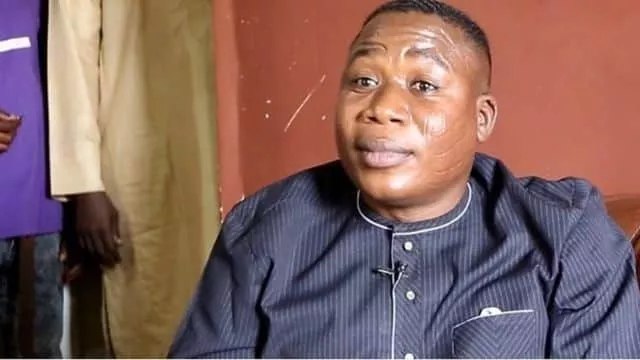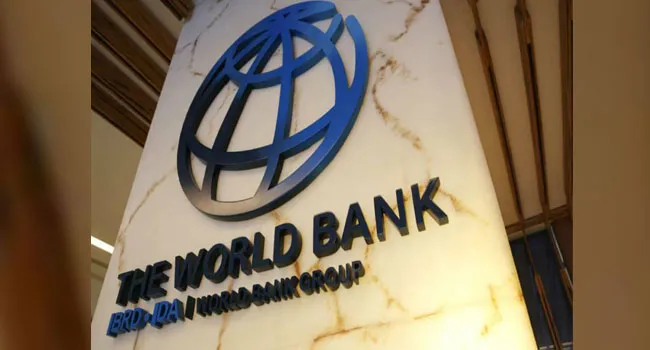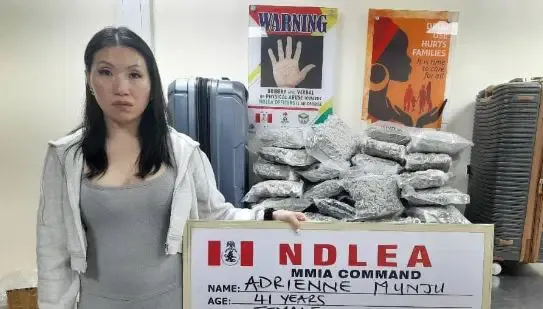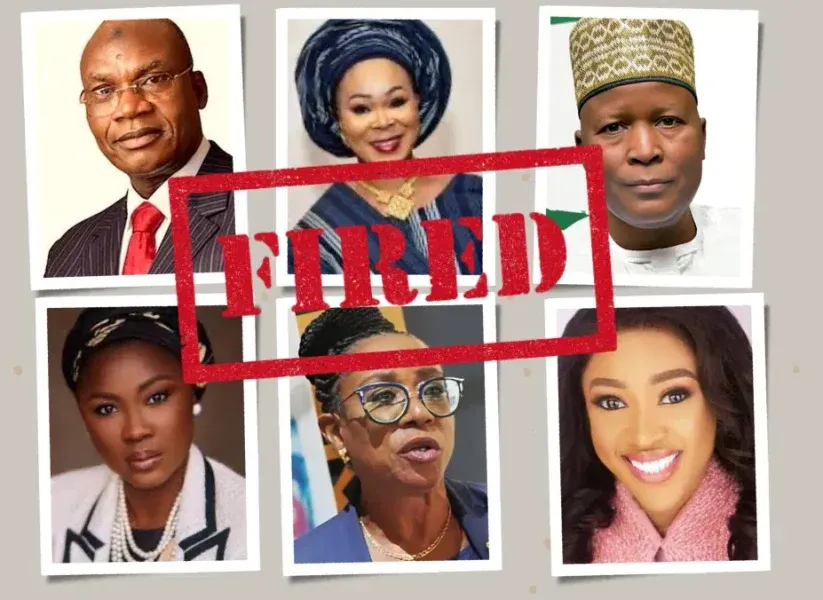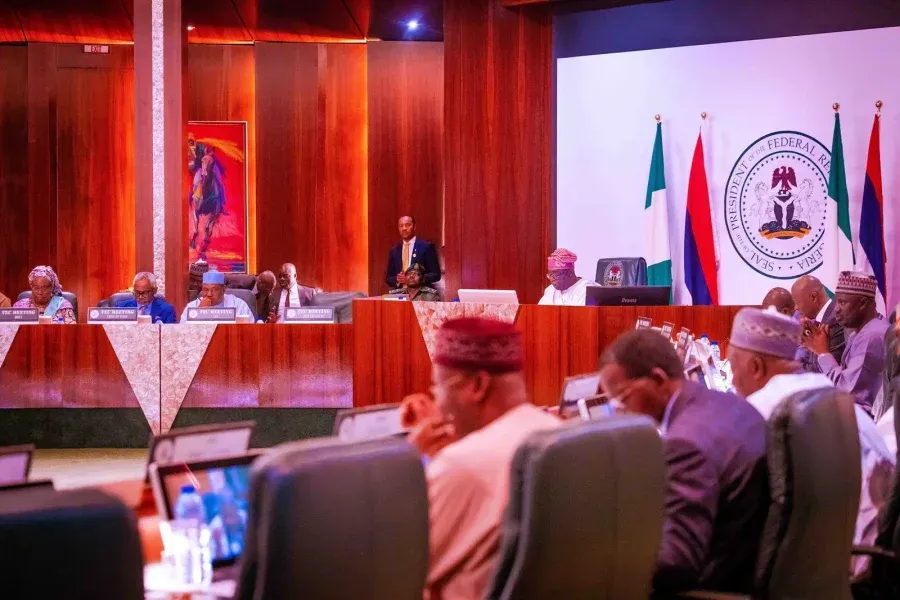Sunday Adeyemo, popularly known as Igboho, a prominent figure in the Yoruba nation agitation movement, has refuted claims implicating President Bola Tinubu in the country’s current challenges. Instead, Igboho pointed fingers at President Buhari’s administration, accusing it of perpetuating oppression and neglecting the welfare of the Yoruba people.
Addressing supporters during a visit to the palace of the monarch of Igboho town in Oyo State, Igboho dismissed assertions that Tinubu was responsible for the nation’s woes. He emphasized that during Buhari’s tenure, he had vocally advocated for Yoruba unity and liberation from perceived subjugation.
Igboho’s remarks come in the wake of economic challenges exacerbated by the removal of fuel subsidies announced by Tinubu shortly after assuming office in May 2023. The decision, aimed at addressing budgetary constraints, led to increased petrol prices and economic inflation.
Critics have blamed Tinubu for the resulting hardships, but Igboho shifted the focus to President Buhari, alleging that the current administration had inherited a “spoiled Nigeria” and failed to deliver meaningful change during its tenure.
The Yoruba nation agitator also recounted his own ordeal, including a deadly night raid on his residence by operatives of the Department of State Service (DSS) in July 2021. Igboho claimed that he was targeted for defending the rights of the Yoruba people against alleged oppression by the Fulani ethnic group.
After evading capture, Igboho was subsequently arrested in Benin Republic while attempting to travel to Germany with his wife. Following his release in October 2023, he returned to Nigeria to attend his mother’s funeral, where he received a warm welcome from supporters in Oyo State.
During his address at the monarch’s palace, Igboho reaffirmed his commitment to defending the Yoruba people’s rights and resisting perceived oppression by the Fulani. He asserted his reliance on divine authority in his struggle, declaring that no earthly force could suppress the Yoruba in their ancestral land.
Igboho’s statements underscore the deep-rooted grievances and aspirations driving the Yoruba nation agitation, as well as the complex political dynamics shaping Nigeria’s socio-economic landscape. As tensions persist and calls for self-determination grow louder, the nation remains at a critical juncture, grappling with questions of identity, governance, and unity.
